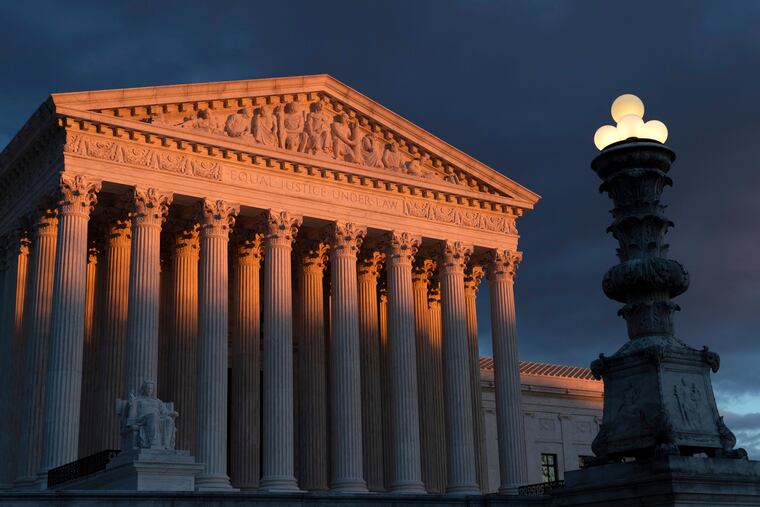Supreme Court rules insurers can collect $12 billion under Obamacare
The Supreme Court ruled Monday that when Congress makes a promise to pay, the government must indeed pay up, even if a later Congress changes its mind.

WASHINGTON — The Supreme Court ruled Monday that when Congress makes a promise to pay, the government must indeed pay up, even if a later Congress changes its mind.
That’s the essence of what could be a $12 billion win for health insurers who joined the Obamacare program in its first years and lost money by doing so.
When Congress passed the Affordable Care Act in 2010, it banned insurers from rejecting customers based on preexisting health conditions. The program was set up to partially reimburse the insurance companies that ended up with the sickest and most expensive patients. It said the federal government “shall pay” insurers for their losses if the costs of the expanded coverage outpaced the premiums.
But after Republicans took control of Congress in 2014, lawmakers refused to appropriate the money to cover the losses suffered by insurers.
Writing for an 8-1 majority, Justice Sonia Sotomayor said Congress was not free to renege on a past promise to pay. The 2010 law “created a government obligation to pay insurers the full amount set out” in a formula, she wrote in Maine Community Health vs. United States. “An obligation is definite commitment that creates a legal liability” on the part of the government, she said.
She said Congress could have said the payments were contingent on future appropriations, but it had not done so. As a result, the government had a “legal duty” to pay up. This holding “reflects a principle as old as the nation itself: The government should honor its obligations,” Sotomayor said.
Four insurance companies — from Illinois, North Carolina and Maine — had appealed to the high court after an appeals court had rejected their claims. The lower court said only Congress had the power to dispense tax money, and its later decision to refuse to pay the insurers’ claims prevailed over the wording in the earlier law.
Industry experts said the claims for past losses could reach $12 billion.
Dissenting alone, Justice Samuel A. Alito Jr. faulted the court for “providing a massive bailout for insurance companies that took a calculated risk and lost. These companies chose to participate in an Affordable Care Act program that they thought would be profitable,” he said. In 2012, Alito joined the dissent that would have struck down the Obamacare law in its entirety.
Monday’s ruling has nothing directly to do with the current Obamacare program. However, the justices in the fall will hear a new challenge to the law that arose when Texan Republicans sought again to have it struck down.